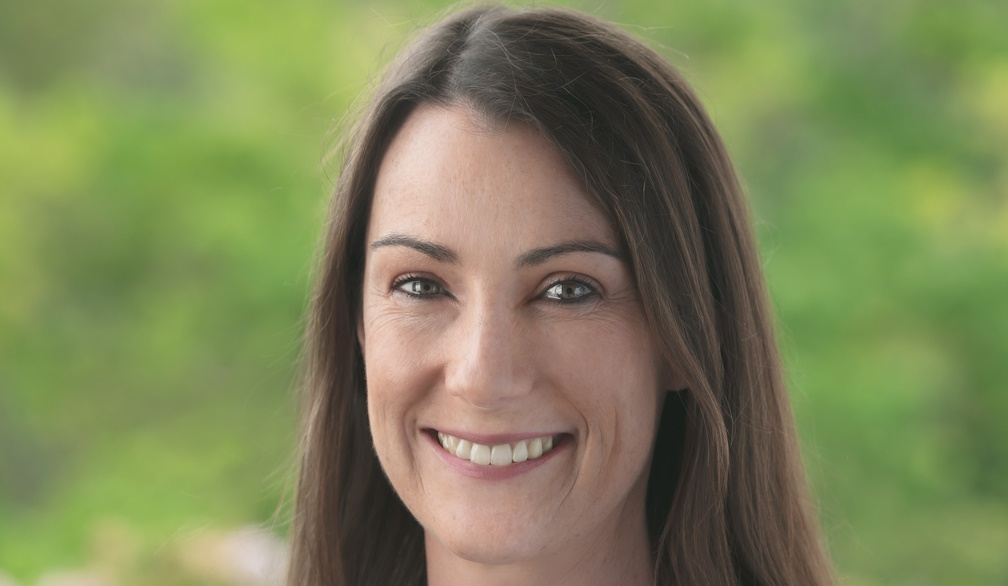Redefining the Role of CEO to Encourage More Women To Take Charge
- Written by Dr Liz Dallimore, CEO Argenica Therapeutics

Redefining the role of CEO to suit your priorities and personality is a key to attracting and retaining more women to the position.
Although women make up over 50% of the workforce, they make up only 19.7% of Australian CEOs, according to the latest data from the Workplace Gender Equality Agency.
The solution lies in changing the perception of the role as one that can be moulded in the image of the person holding it, rather than women needing to feel like they need to fit the position’s pre-existing reputation.
I’ve been in the situation more than once where I’m either the only or one of a very few women in a room or on a panel of CEOs.
While business is conscious this needs to improve, the CEO role is still battling a perception problem of being an all-consuming, life-draining position that is steering many people – not just women – away when they would have a lot to offer.
Often when I mention that I’m a CEO to friends they will say they could never do such a demanding job because it would impact too much on their family life – but that doesn’t have to be the case.
CEO is obviously a demanding and challenging position but taking it on has enabled me to drive the culture of the business so that our priorities suit not only the required operations of the business but also allow me to spend plenty of time with my family.
By demystifying the role, we can ensure that people with the skills and attitude can take it on, rather than just the person willing to devote the most hours to it.
I’m a mother of three children under the age of 11, and I’ve learned first-hand the skills acquired from juggling family and work life create a better workplace environment.
We aim to build a culture of work smarter, not longer, but where longer hours are required on any given day I can work early in the morning, or later at night, so I can watch my son or daughter receive an award at school.
The CEO role can also be quite a lonely role, as its unique position in most companies means there are no in-company ‘peers’ to discuss new ways of doing things and offer or receive feedback.
All the more reason to make sure we are bringing in different perspectives and priorities so that women occupying the role don’t find themselves even more isolated.
Some of the ways I’ve redefined CEO in my tenure at Argenica Therapeutics include:
Driving a culture of flexibility: staff work flexible hours because I do – recognising that all members of the team have life priorities that don’t always fit within a 9-5 structure.
Building two-way trust: putting faith in your team to execute projects in your absence – and vice versa – is crucial in being able to work in a more flexible and accommodating environment.
Outcomes-based work, not hours-based: having worked in very different cultures previously, it’s important to ensure that outcomes and results are valued far beyond hours put in, which are often a very poor measure of genuine productivity.
Enabling return-to-work after significant time-off: for many women, returning to work after spending time outside it to raise a family can be intimidating, so putting protocols in place to ease the transition back to work will mean talented people aren’t lost to the business community.
Prioritising teamwork: in-office team discussions and projects remain a very important part of Argenica’s progress, ensuring that remote work and flexibility don’t become isolating.
Redefining the role of CEO is also important to attracting like-minded people who suit your company’s work ethos and culture.
At Argenica, our day-to-day staff are all women – it didn’t happen by design, but I think creating an environment that was more flexible and accommodating probably encouraged people who valued that.
I think there are plenty of men who share our values of culture, respect, autonomy and flexibility – that’s what drives the way we work more than anything else.
Dr Liz Dallimore is a neuroscientist, CEO and Managing Director of drug development company Argenica Therapeutics, and co-founder and Executive Chairman of medical device company Inspiring Holdings, with more than 20 years of experience in research and development, innovation and commercialisation across Australia and the UK. Dr Dallimore is a non-executive Director of NERA and is also board director of WA Chamber of Commerce and Industry. With a PhD in Neuroscience, Dr Dallimore has worked as a neuroscientist at the Australian Neuromuscular Research Institute (now Perron Institute) and was recognised as one of Western Australia’s Top Women in Tech in 2020.







